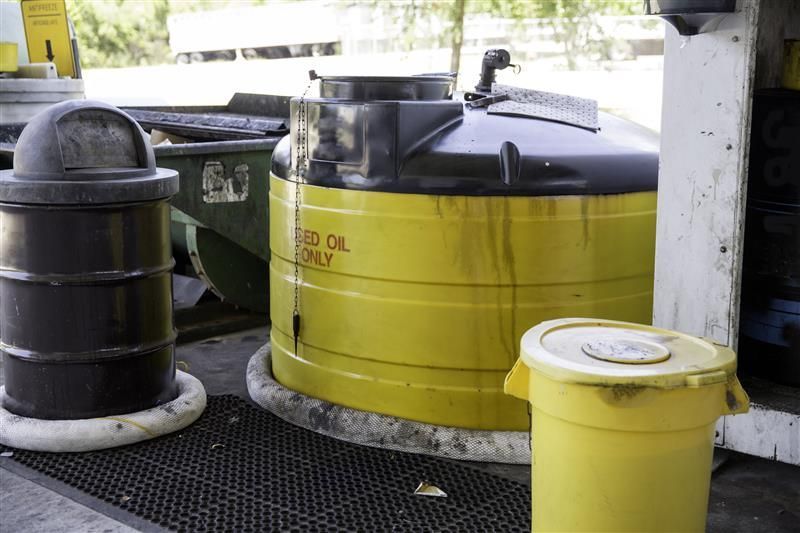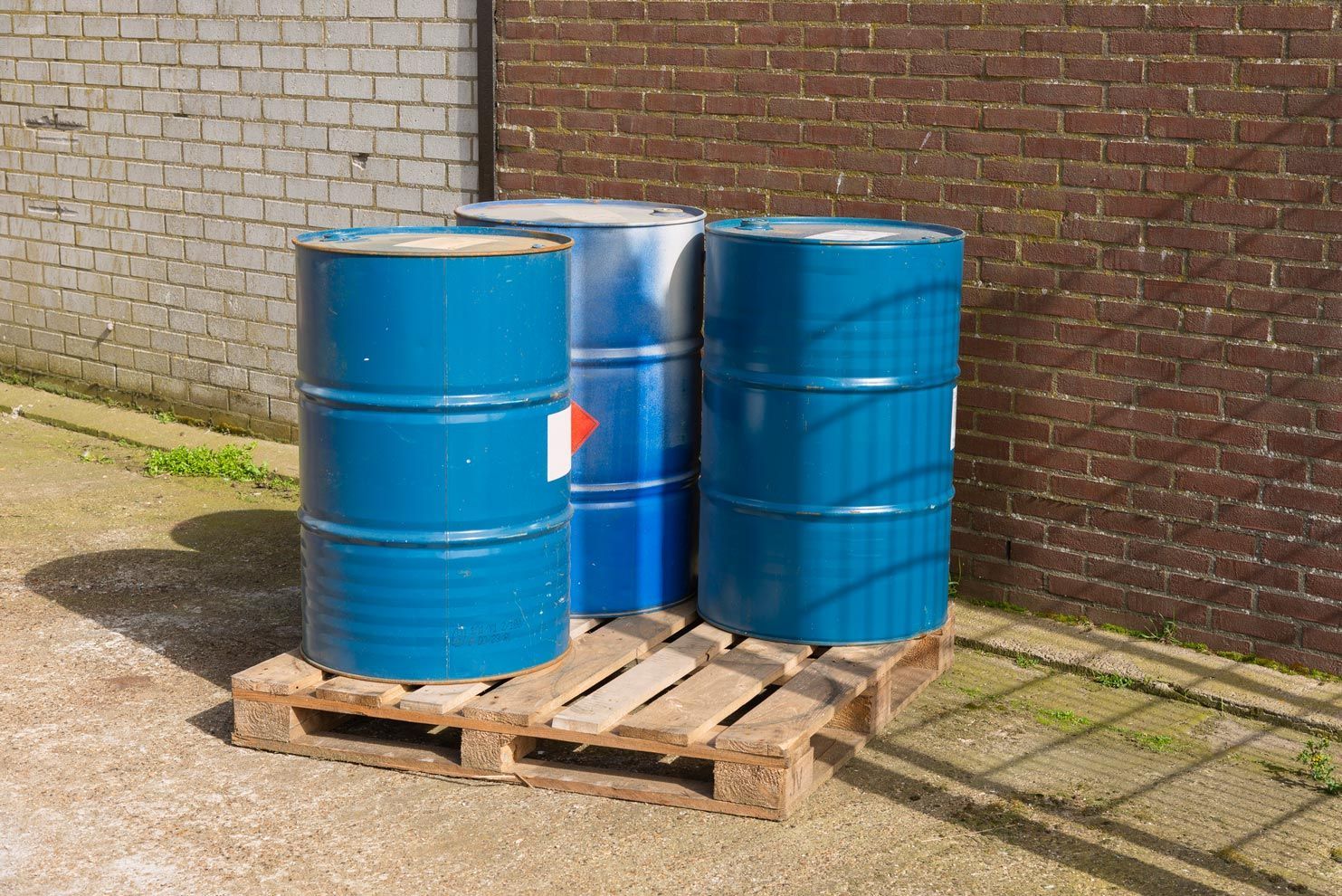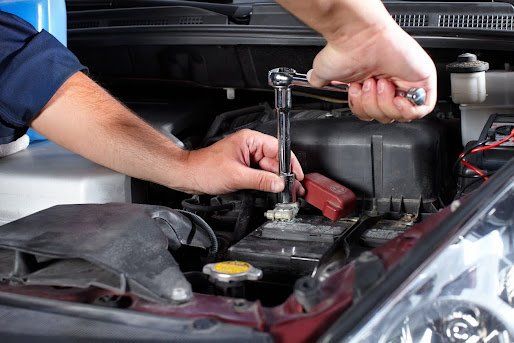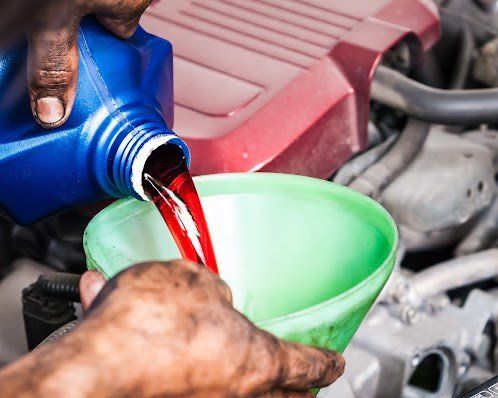How to Prepare for Used Oil Pickup
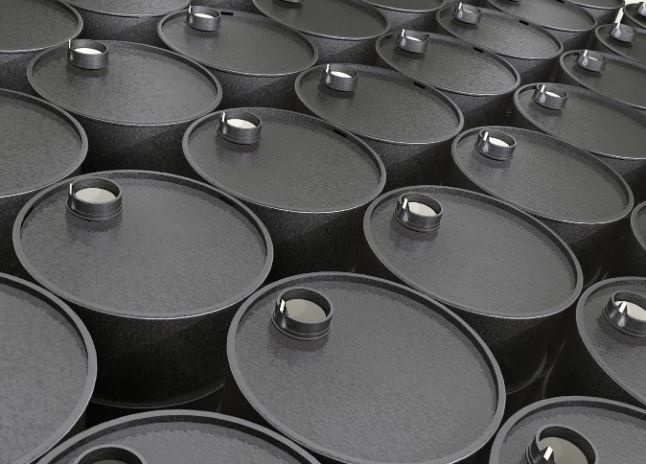
If your business is involved in the automotive, metalworking, or manufacturing industries, you likely use a lot of oil. Many industries fundamentally rely on oil, and no matter how eco-friendly your business is, this need will still be present. Luckily, used oil is recyclable, which allows your waste oil to be refined and reused.
In order to recycle the used oil, a technician will come to your property and retrieve your waste oil with a specialized truck. This is a relatively straightforward process, but preparing for the pickup will ensure that the process goes smoothly. Read this blog to learn how to prepare for used oil pickup.
Familiarize Yourself With the Process
The retrieval process is typically simple. After you call a waste removal specialist, you'll schedule a time for pickup and let them know the type and quantity of the waste you'd like to have removed. On the day of the pickup, a technician will visit with a specialized truck equipped with a pump and the necessary tanks. They'll pump your waste fluid and take it to their facility.
If your quantity of oil is low enough, you may be able to drop it off at a recycling facility yourself. However, if you have dozens of gallons of oil, transporting the large drums in your personal vehicles can be unwieldy and dangerous, so a pickup service is invaluable. Additionally, many facilities don't have on-site drop-off locations.
Research the Company
Many companies have a minimum oil requirement; for example, some companies will require that you have at least one full 55-gallon drum of waste oil before they will make a trip to pick it up. They may also offer pickup services for other fluids, such as antifreeze, hydraulic fluid, or transmission fluid. Do your research so you can maximize the utility of the services.
Understand the Law
In Colorado, used oil is considered a regulated material. This means your use of this substance — including how you dispose of it — is subject to regulation. As such, you have a responsibility to the government and the planet to dispose of your oil properly. When you work with professionals, you can rest easy with the knowledge that your oil is handled safely and legally.
Carefully Pick a Time
Waste oil pickup isn't a long process, but it involves a large truck and industrial equipment. As such, you should schedule your pickup away from peak business hours; this will allow the retrieval to take place without disrupting business. If the pickup will take place outdoors, try to schedule it during clear weather. While emergency pickup services are often available, you'll typically have to schedule a few days in advance.
Gather Your Oil
The process will go smoothly if your oil is already gathered in large drums or totes. These range in size from 30-gallon drums to massive cubic containers that hold 300 gallons or more. You can purchase used containers affordably, but make sure they are UN-rated, as this will minimize the risk of a spill.
Prepare Your Property
Figure out where the pickup will take place. If your oil drums are deep in a cramped garage, the truck may not be able to access them. Place your oil in a relatively open space and clear out any equipment or trash from the area. On the day of the pickup, you may want to use tape or cones to section off the space for the truck — otherwise, someone may park their car right where the truck needs to be.
Denver Oil is Colorado's premier oil recycling company. Our goal is to protect the planet and its resources by keeping oil in circulation for as long as possible. Get in touch today to learn how you can benefit from our services.

